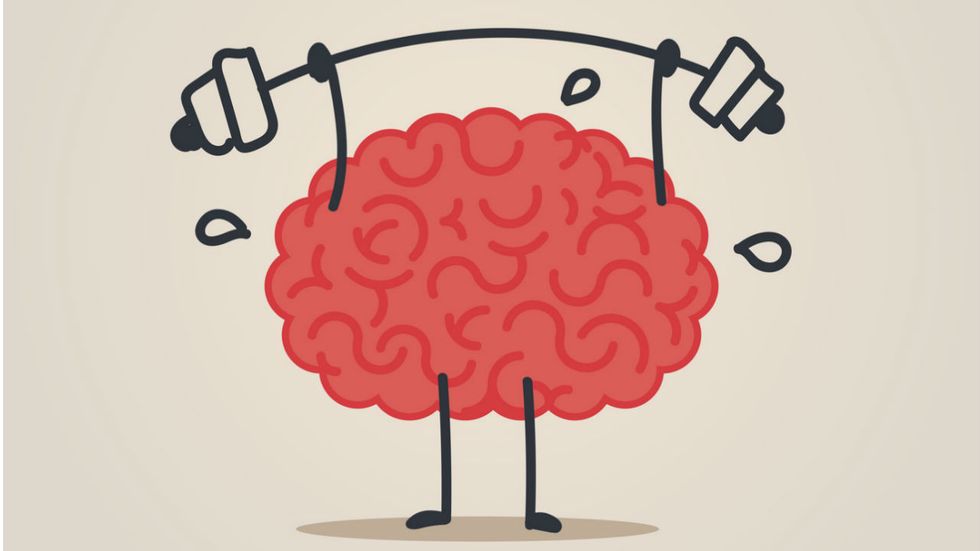It's a theme lately that people seem to be focusing more on the mental health side of diseases, which can be a great thing and a terrible thing. The fact is, if not every mental disease is the same, nor is that mental disease the same for every different person that has it. But what is true, is that you can always educate yourself. That way you're not putting judgment where it is never needed.
First off, don't always pay attention to what you watch on TV shows, movies, or short skits on YouTube. Get out there and get the hard facts from scholarly articles written by professionals that have spent years researching these diseases. It is more often than not, that people will say "Oh I watched *insert movie/TV show title here* and I totally understand now!"
No, random person, you don't understand. You see, most of these shows and movies do little to no research about the mental disease that their show is based around. Even if they do a little bit of research, then they put their own twist on it, to either amplify it in all the wrong ways, or to make it more "enjoyable" for the audience to watch.
Take the movie Split for instance. This a movie about a guy with Dissociative Identity Disorder (more colloquially known as Multiple Personalities). The movie is centered around the fact that the main character, Kevin, played by James McAvoy, is fighting against all of his personalities because all of them have their own "agenda."
The movie seems to do wonderfully at portraying how multiple personalities can occupy one person's mind/body (with brilliant acting by McAvoy), but it stops there. Director M. Night Shyamalan does what he does best, and puts a twist on the movie making it supernatural and making Kevin have superhuman strength and abilities. That is where the movie stops having any accuracies in terms of the mental disease, but some people will be none the wiser. They will believe that people with D.I.D. have these superpowers.
Second. Even if the show/movie is mostly accurate, it doesn't mean that it's universal. Not everyone will experience the same mental disorder the same way. Someone with depression can be functioning as "normal," while another locks themselves in their house for days on end.
Everything effects everyone differently, and it should always be handled as a new case and a new person, because that's exactly what it is. Just because you know someone with depression, anxiety, bipolar, etc., doesn't mean that another person with it should behave the same way.
Don't compare them to other people, because that will help nothing. It's the same thing as comparing people on a sports team; you wouldn't compare the quarterback to the left tackle on their ability to throw the football accurately. They don't do the same job, but they do happen to play the same sport.
You see what I'm getting at? Just because you can lump someone into the same category as another friend you have, doesn't mean that they have to act the same way. So do research, be open to learning about the individual's struggles and complications, it'll go a long way.
There are many sources you can use to educate yourself, and please, use them all. If you are in college, your campus library will have numerous scholarly articles, both physical copies and online. Use them.
Even if you're not in college, the local library has numerous articles and various books filled with different cases. Google Scholar, a new online source to find various scholarly articles, has millions of articles that are open to the public.
The truth is, there are many ways to get information, so there should never be a need to say "Oh, I don't know about that." because what that says to others is "Oh, I really don't care about that." Mental health is something that has been around for years, and will sadly be around for years to come, but we can all become wiser and at the same time become less judgmental.
Some of the articles and cases are fairly interesting and can be a great read. You never know, you may actually like what you're reading and may find yourself reading more and more.
So please, reach out to others and learn more, and find the information yourself. Don't just listen to what you see on your TV screen.























